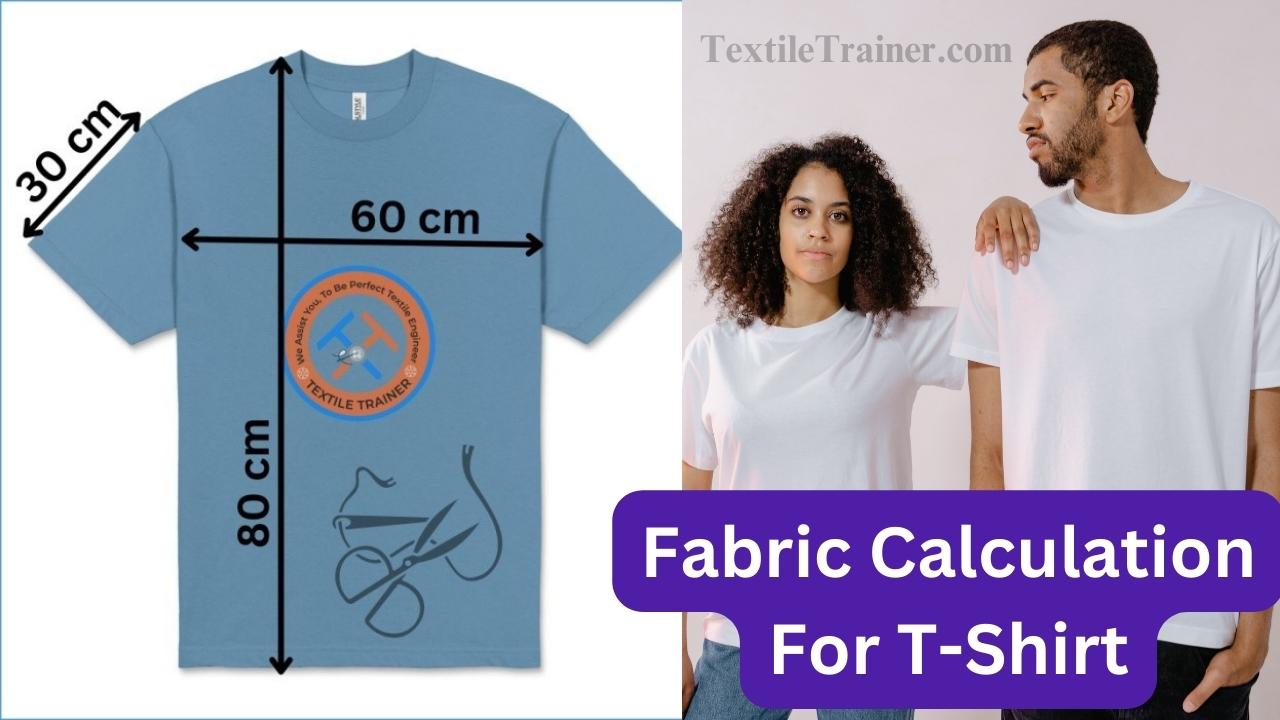Basic Textile Training Essentials for A Textile Engineer

Introduction:
Textile Engineering is a discourse that comprises different disciplines to produce advanced fabrics in multi-varied sectors. In this world of fashion-driven industry, there is also a dire need for environment-friendly fabrics and clothing. As a textile engineer, it is important to rely on the knowledge of science to acquire a degree at both undergraduate and postgraduate levels. But for the job market, these degrees need to be qualified with additional textile training that will contribute to the wider industry with better exposure. This article will introduce to you a wide range of training courses with their requirements to help you seek better career prospects. Here, I will present basic textile training for a textile engineer.

Career Advancement for Textile Engineers:
A textile engineer has several demands in the field of research, innovation, and creativity. Once done with the degrees in the undergraduate and postgraduate levels, A textile engineer gets the opportunity to apply their knowledge in a better organization in the post of:
- Operations Trainee
- Medical Textile Engineer
- Quality control supervisor
- Textile Laboratory Technician
- Garment Technologist
In some cases, textile engineers may earn the license PE (Professional Engineering). The license has advanced knowledge that engineers can use as credentials. This license requires passing two exams with proving a 4-year professional experience.
Also, the Textile industry has a close connection to the apparel industry. Because of the consumer’s demand for eco-friendly products, a textile engineer may view this opportunity as a useful alternative to a career.
Best Skills for Textile Engineering Graduates:
For a textile engineer, having good interpersonal skills is an asset to getting placed in a well-known company. The skills which are essential for a textile engineer are:
- Communication skills
- Listening skills
- Presentation skills Leadership skills
- Problem-solving skills.
- Critical thinking skills
- Teamwork
- Analytical skills
- Industry-related skills and
- Lastly, the awareness of commercial
Apart from these soft skills, there are a few technical skills as well for a textile engineer. That is:
Technical Skills for Textile Engineers:
- Engineering Mathematics
- Textile fibers
- Weaving
- Manufacturing of Yarn
- Processing of Textile
- Structure of Fabric
- CAD (Computer-Aided Design)
- Quality Control and Textile Costing
- Modern Spinning and Weaving technology
- Knitting and Garment Technology
- Maintenance, and Production Planning
- Coloration Technology
- Performance Evaluation and Textile Materials
- Fiber Science Technology and
- Lastly, the Textile Chemical Technology
Top Training Course for A Textile Engineer:
Textile Engineering has many prospects and programs to seek better understanding including:
- B.Sc. in Textile Engineering (From yarn, fabric, and apparel to Machine Design and Maintenance)
- M.Sc. in Textile Engineering
- Diploma Engineering Courses.
- Diploma in Textile Engineering
- MBA in Textiles
These previously given courses and degrees are extensive programs to be a textile engineer. Apart from these Degrees, there are a few courses that are available in both online and offline sessions. The Textile Engineering Training Details are given below:
Industrial Engineering for Textiles by BDjobs Learning: Online
This is a training that has an evaluation of training, assignment, and study content, with several activities. The main contents of the training are- IE Responsibilities, Topping and ratio comparison, dyeing efficiency, IE concepts in the Dyeing, and knitting sections. The main methodologies of this training are divided into 3 segments: Pre-workshop, during the workshop, and post-workshop.
Textiles and Quality Analysis: Online
Quality analysis is a comprehensive textile fiber that not only has the production, type, and characteristics, and spinning into yarns through weaving and other methods.
Introduction to Textiles and The Textile Industry
This course provides fabrics basics, fibers, and relevant techniques.
SKUTI Training Courses
SKUTI training course is the management training level course for industrial engineers. Here, the manufacturing of the textile and garment industry receives the highest priority. SKUTI offers two courses including The Advance level of Certification in Textile and Fashion Merchandising and the certificate course in skills for both Textile and Garment production engineers.
Foundation Training on “Factory Skills Development”
This is the training for textile professionals and textile engineers. This course has multiple other courses- starting from Lean manufacturing to Quality control And Inspection.
Apart from these online training courses, there are several short training courses (of 1 year) that Bangladesh offers to Textile Engineers. Those training courses are:
- Textile Technology
- Textile Quality Control
- Garments CAD
- Basic Fashion Design
- Garments Machine Operation
- Modern Dyeing, Printing, and Finishing Technology
Most of these short courses are available in NITER (National Institute of Textile Engineering and Research) with the partnerships of BTMA and the Government of Bangladesh Ministry of Jute and Textiles. After completing these online courses and degrees, a textile engineer will get better job opportunities in their relevant field.

Final Thoughts:
Being a textile engineer is not an easy task, it requires the techniques of law and scientific principles that help in the development of textile fabrics. Textile mills have a huge demand across the world, responsively in India and China. Textile training, given in this article, will keep you ahead in designing and controlling the fiber and apparel process. All you need is to specialize with both technical and specialization skills to groom better.



